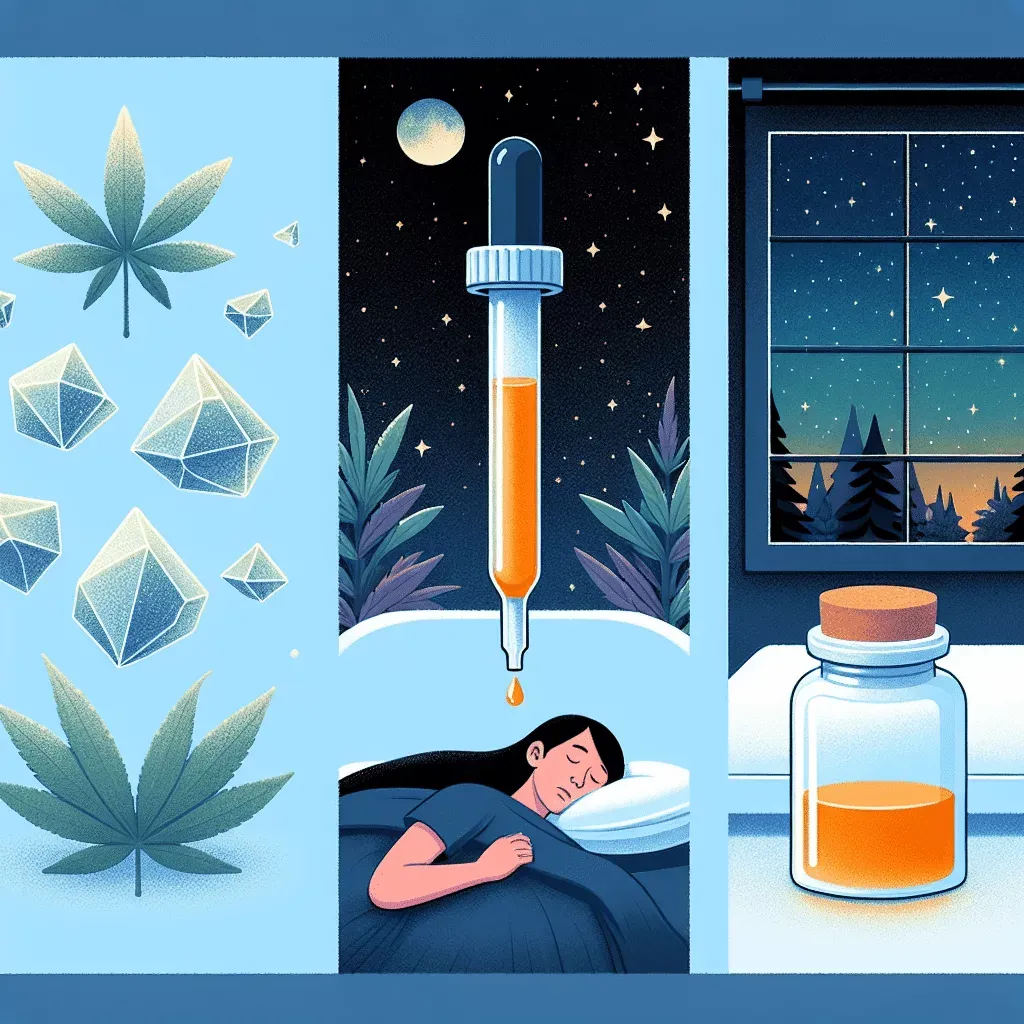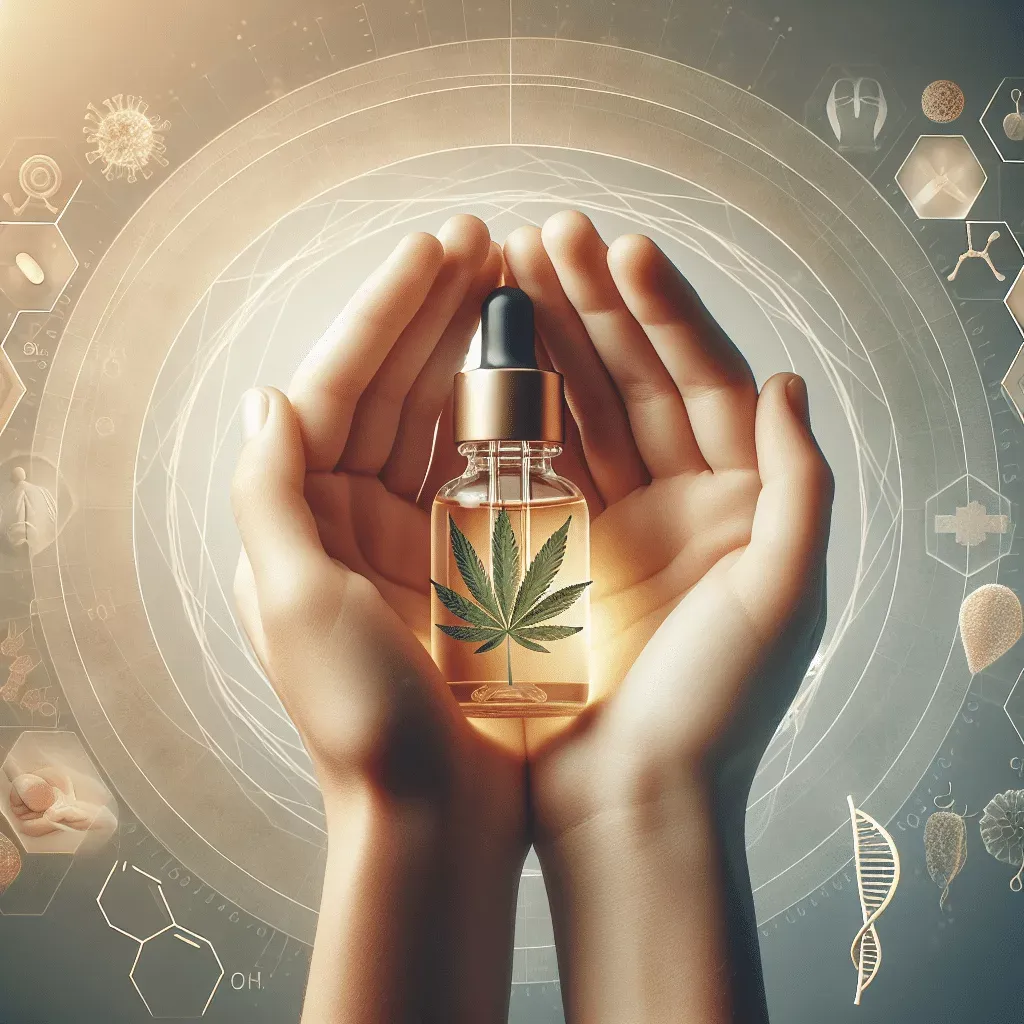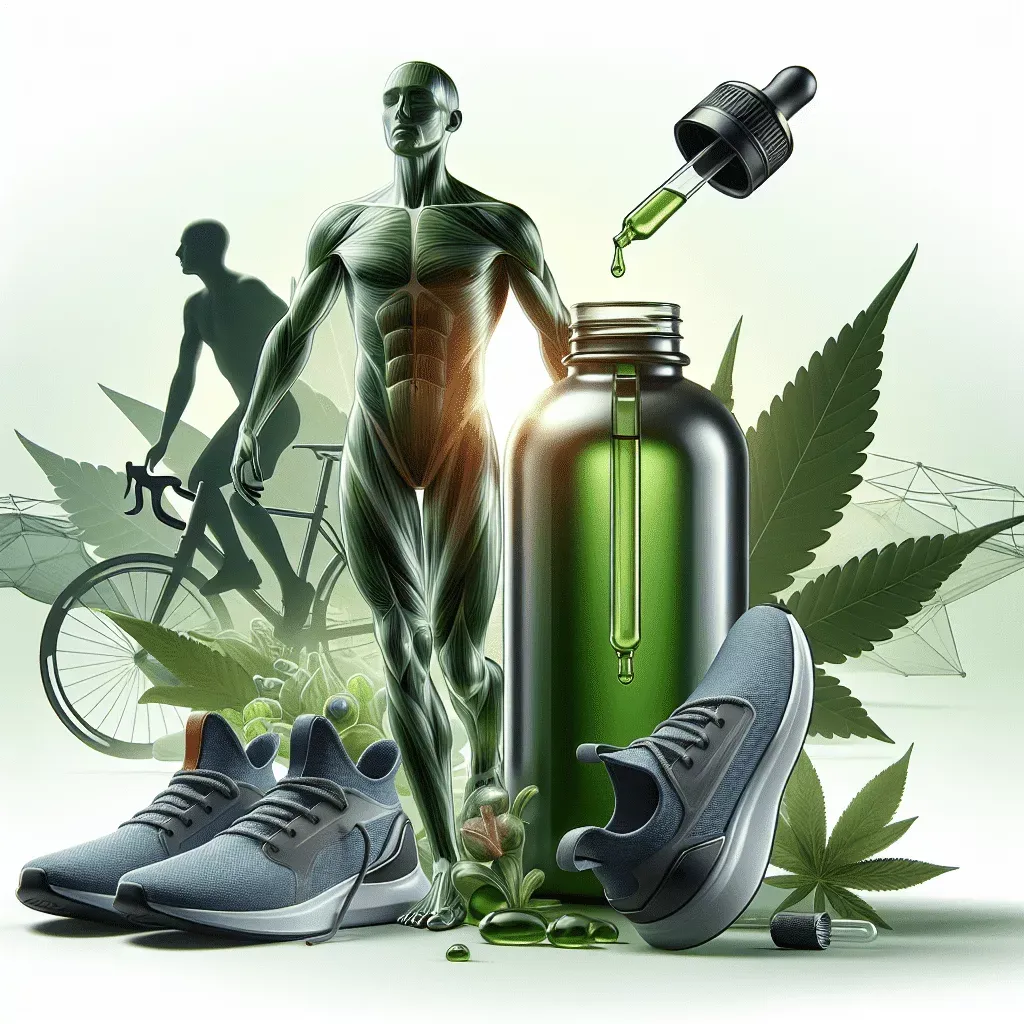Delta 9 vs. CBD for Sleep: Which Should You Choose?
Understanding the Basics: Delta 9 THC and CBD
Delta 9 THC and CBD are both cannabinoids found in the cannabis plant, but they have remarkably different effects on the body. Delta 9 tetrahydrocannabinol (THC) is the primary psychoactive component that causes the “high” associated with cannabis. It binds to cannabinoid receptors in the brain, influencing memory, pleasure, and the perception of time, among other things.
In contrast, CBD is non-psychoactive, making it more appealing to those who wish to avoid the altered state of consciousness that comes with THC. It interacts differently with the cannabinoid receptors and is often praised for its calming effects, which can help alleviate anxiety and promote relaxation—factors critical to a good night’s sleep.
An interesting statistic from a study published in the National Library of Medicine found that approximately 67% of surveyed CBD users reported better sleep as a result of their consumption. Meanwhile, those using Delta 9 THC often report a shorter time to fall asleep, but its usage can potentially disrupt sleep cycles if overused.
Benefits and Practical Uses for Sleep
Both Delta 9 THC and CBD have their unique benefits and practical uses when it comes to facilitating better sleep.
Delta 9 THC: The Quick Sleep Inducer
For those who struggle with falling asleep quickly, Delta 9 THC could be the answer. It’s been noted for its ability to reduce the time it takes to fall asleep. This can be particularly beneficial for individuals with insomnia or those who experience restlessness before bed.
However, it’s crucial to approach Delta 9 THC with caution. While it can help users fall asleep faster, high doses may disrupt the REM sleep cycle, which is vital for memory consolidation and cognitive function. Therefore, it’s essential to find the right dose and not rely on it as a nightly aid, to prevent potential dependency or decreased sleep quality over time.
CBD: The Calming Night Partner
CBD offers a more balanced approach for those seeking restful sleep. Known for reducing anxiety and stress, CBD can create a more conducive environment for sleep. It doesn’t induce sleep directly but helps relax the mind and body, making it easier to drift off naturally.
For many, CBD provides a sustainable and low-risk method to improve sleep over time. With minimal side effects and a non-addictive nature, it stands out as a favorable option for long-term use. This makes CBD especially appealing to those who are highly sensitive to the psychoactive effects of THC or those who need to maintain complete mental clarity, such as professionals subjected to regular drug screenings.
Making the Choice: Which is Right for You?
Deciding between Delta 9 THC and CBD depends largely on your personal needs and how your body responds to each substance. Consider these guidelines to make an informed choice:
Understand Your Sleep Issues
Are you having trouble falling asleep, staying asleep, or feeling rested upon waking? If falling asleep is your primary challenge, Delta 9 THC, in moderate doses, may be beneficial. Conversely, if anxiety or tension keeps you tossing and turning, then CBD could be a better fit.
Consider Your Lifestyle and Obligations
For individuals subjected to regular drug tests or needing to avoid psychoactive effects, CBD, with its non-intoxicating nature, is the more practical choice. On the other hand, if your lifestyle permits and you are open to the psychoactive experience, micro-dosing Delta 9 THC could offer a quicker sleep solution.
Experiment and Monitor Effects
Since cannabinoids affect everyone differently, starting with a low dose and observing how your body reacts can provide valuable insights. Keeping a sleep journal can help you track changes and pinpoint the most effective approach.
Consult with a Professional
Before making significant changes to your sleep regimen, consulting with a healthcare provider or a cannabis specialist can offer personalized guidance. Especially if you’re new to cannabis products or have pre-existing health conditions, professional advice is crucial.
Conclusion
Choosing between Delta 9 THC and CBD for sleep can be a nuanced decision, depending heavily on your unique needs and circumstances. While Delta 9 THC may offer a quick solution for falling asleep, CBD provides a gentler, long-term strategy for improving sleep quality. Ultimately, the key lies in understanding your personal requirements and experimenting responsibly to find what works best for you.
As you embark on this journey to better sleep, remember that you’re not alone. If you found this article helpful, consider sharing it with others who might benefit. And feel free to explore more about the growing world of cannabinoid treatments, as ever-evolving research continues to provide new insights and opportunities for improving our quality of life.
FAQ: Delta 9 vs. CBD for Sleep: Which Should You Choose?
What is Delta 9 and how does it differ from CBD?
Delta 9, or Delta-9-tetrahydrocannabinol, is the psychoactive compound in cannabis known for causing a “high.” CBD, or cannabidiol, is a non-psychoactive compound that offers therapeutic effects without intoxication.
How do Delta 9 and CBD affect sleep?
Delta 9 may help induce sleep by promoting relaxation but could lead to mind-altering experiences. CBD is known for reducing anxiety and pain, which can improve sleep quality without altering your state of mind.
Is it safe to use Delta 9 or CBD for sleep?
Both Delta 9 and CBD are generally considered safe, but potential side effects exist. Delta 9 may cause drowsiness or alter sleep patterns, while CBD is well-tolerated with few side effects. Consult a healthcare provider for personalized advice.
Which is more effective for improving sleep quality?
Effectiveness varies per individual. Some find Delta 9’s relaxing effects beneficial, while others prefer CBD for its ability to decrease anxiety and enhance overall sleep quality without psychoactive effects.
Can Delta 9 and CBD be used together for sleep?
Combining Delta 9 and CBD may leverage the entourage effect, enhancing their potential benefits. However, dosing and individual reaction vary, so consulting a healthcare professional is recommended to optimize safety and efficacy.
Share this content:



